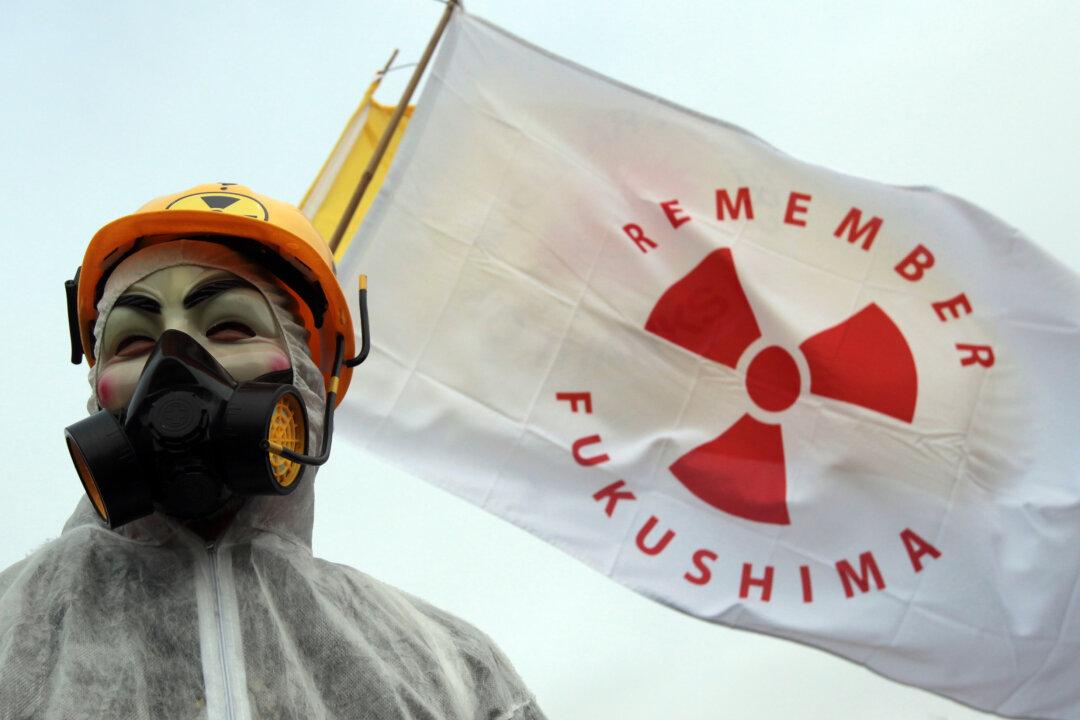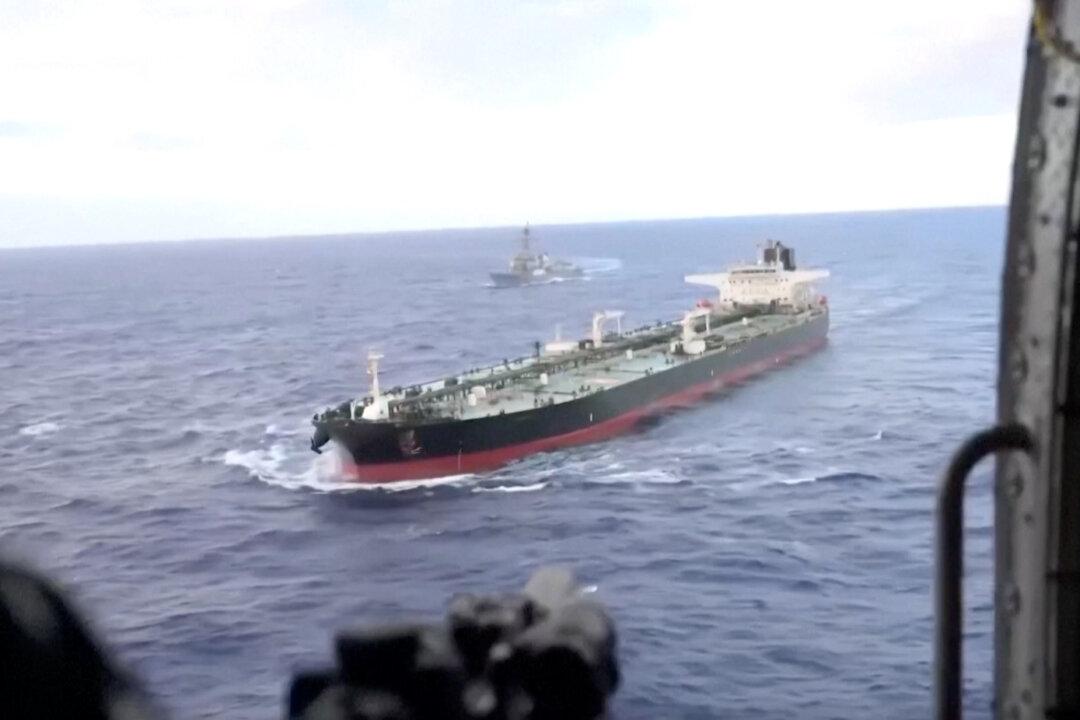Typhoon Hagibis’s historic rainfall in Japan swept away nuclear decontamination waste bags from the Fukushima nuclear disaster into a river.
Officials said that as Hagibis-triggered rainfall caused rivers to flood, bags filled with debris collected during the Fukushima decontamination efforts were swept into the Furumichi River after the facility was flooded, the Asahi Shimbun reported on Sunday.





